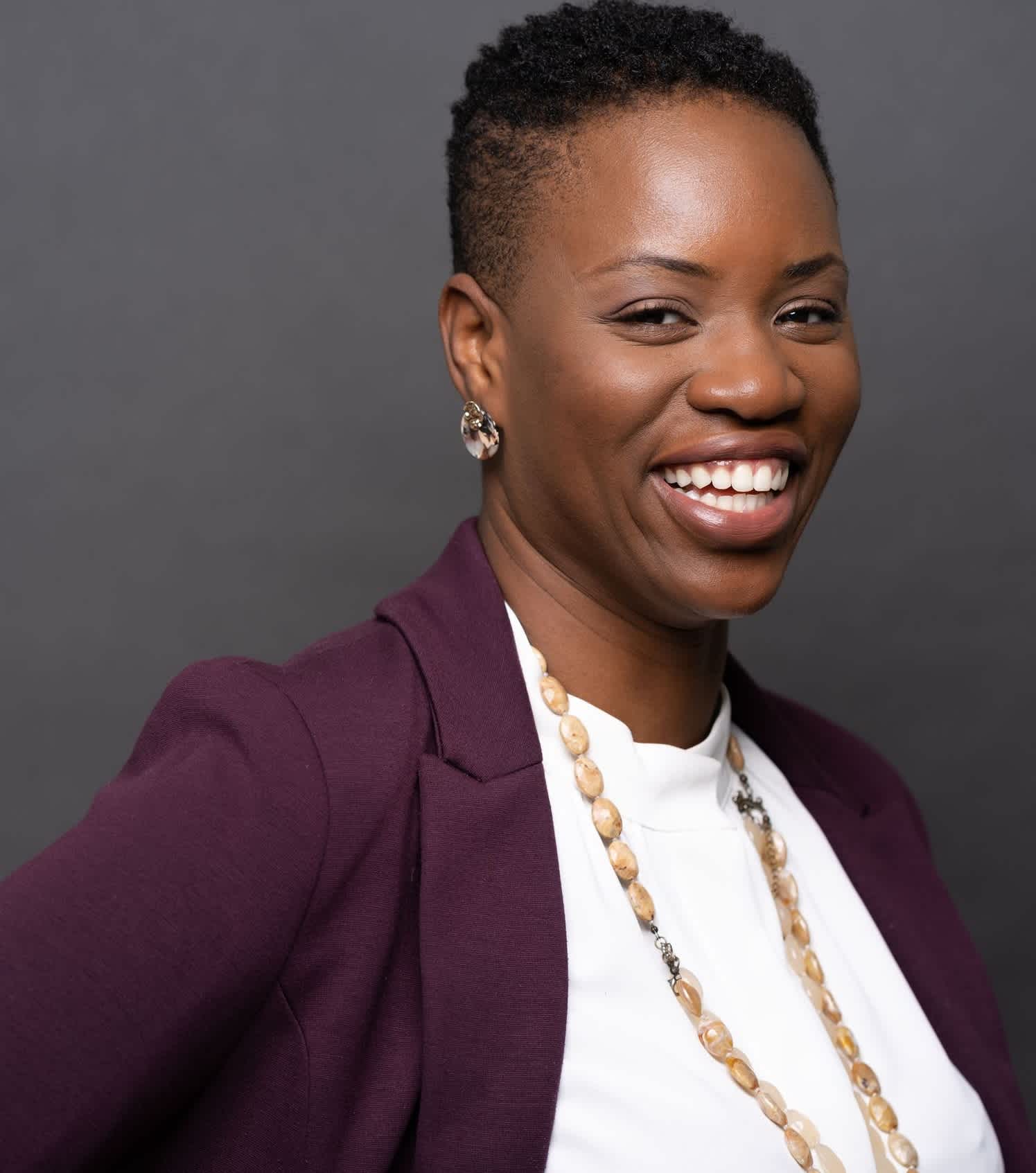How Everybody Wins With SIMPLi's Ethically-Sourced Food
Founded by Sarela Herrada and Matt Cohen, SIMPLi works directly with farmers in communities around the world, handling the entire food supply chain and providing competitive prices to consumers without putting unfair financial pressure on farmers.
Everyone wants to eat healthier, but that avocado toast you had for brunch may have an even higher cost than the $12 you paid at the restaurant.
Whenever there's a new food trend, be it avocados, almond milk, or artisanal chocolate, demand for that product skyrockets. Unfortunately, this rarely translates into higher profits for the communities that actually grow the food. Supply chains are disrupted by high demand for what used to be locally-produced, niche food products. Large companies exploit farmers with unethical practices and may even dilute the product to meet demand.
SIMPLi is a small business on a mission to change this. SIMPLi works directly with farmers in communities around the world to bring food to US businesses and consumers. They handle the entire food supply chain, cutting out the middlemen to provide competitive prices to consumers without putting unfair financial pressure on farmers.
By fighting fraudulent food supply chains with sustainable agricultural practices, SIMPLi ensures that demand for consumer habits is met with ethical food sourcing and transparent supply chains.
In this Small Business Spotlight, we talk to SIMPLi co-founders by Sarela Herrada and Matt Cohen about their small business and their mission.

Tell us a little about your team and your backgrounds.
Sarela: I'm originally from Peru and grew up in Montgomery County, Maryland. My parents ran a poultry business, so I was involved in the food industry at a young age. After graduating from Penn State, I focused on international supply chains with clients, including Nike Canada, UNFI, and Tiffany's. I eventually transitioned to food, working for a fast-casual startup in Washington DC and establishing their supply chain logistics team into a successful nationwide food brand.
Matt: I grew up in Annapolis, Maryland. I've had a strong passion for and helping people since I was very young. As a kid, I was always giving money to the homeless or volunteering at soup kitchens.
My other passion was entrepreneurship. My first business was a snowball stand I started on the side of the road in elementary school. In middle school, I sold candy to other kids and even hired a few friends to keep up with demand.
I graduated from Salisbury University and worked in financial services for a few years, gaining experience in finance, accounting, startups, and business strategy. Working closely with startups re-ignited my passion and desire to become an entrepreneur, leading me to start SIMPLi with Sarela.
Our complementary backgrounds created a strong foundation for SIMPLi to grow and the early success SIMPLi has achieved to date.

What makes SIMPLi unique?
Sarela: SIMPLi is unique because we're able to provide fully traceable, single-origin products to our customers. We've consolidated the traditionally complicated process and created a simple vertical supply chain.
We're passionate about helping the farmers who are the backbone of the global food system. They grow the food that keeps us all alive, yet they receive so little in compensation. SIMPLi is on a mission to improve their lifestyles.
Matt: Farmers have been mistreated for so long and deserve to be treated fairly. We try to improve farmers' lifestyles and the broader communities by facilitating medical campaigns, clothing donations, farming equipment, and best practices. Most, if not all, of our farmers manage their land with hand-made farming equipment, so providing even the smallest improvement to their tools increases farming efficiency and decreases labor hours.

Describe your supply chain. What keeps it short and sustainable?
Sarela: SIMPLi handles the entire supply chain. We're the exporter, the importer, and the local cooperative. We have a truck that goes from farm to farm to pick up the harvest. This benefits the farmers because it eliminates the need to transport their harvest to a community center miles away.
Matt: Since we manage the entire process, we also know exactly what products we're selling to our customers. We are sustainable because we go directly to the source. We don't depend on other companies, and we develop strong relationships with our farmers by creating a market for them, allowing us to always have products to meet US demand.
What inspired you to champion this cause? What motivates you to stay involved?
Matt: We love traveling, trying new foods, meeting people from all backgrounds, and being immersed in new cultures. During our travels in South America, we saw the inequality of the people who provide the food required for our existence.
The story of the farmer is rarely told. Seeing, first-hand, the environment that they live in is astonishing. They are essential to human existence, yet they live in poverty. We saw an opportunity to bring great food to people, connect people through food, and help the farmers on the journey.
Sarela: SIMPLi currently supports over 250 farmers. As we continue to grow, the number of farmers, families, and communities SIMPLi helps will continue to grow as well. Knowing how impactful SIMPLi is motivates our team to excel.

What's your typical day look like?
Sarela: Every day is different. One day might involve generating sales with new or existing clients and networking with other company founders, executive teams, and leaders in the food and supply chain industries. The next day we'll focus on marketing, building out our website, packaging, or social media. The day after that, its business operations — managing and distributing the container loads of food we're bringing into the US. We also make time for business strategy — defining the roadmap of SIMPLi for both near-term and long-term.
Matt: We learn something new every day, whether it's a technique to close a sale, industry terms, marketing, or completing critical back-office tasks. Right now, we're very much focused on learning the ins and outs of retail. The retail world is completely different from the foodservice world.
What are some of SIMPLi's success stories?
Matt: When we started out, we could support only a few farmers. Now, we support over 250, and we were recently recognized by Fast Company 2020 World Changing Ideas for Food and Social Justice.
The opportunity to have a positive impact on the farmers and their communities is our greatest success. Helping people is something that we have always wanted to do, and we're fortunate we can do it while also creating a great business.
Sarela: Building an international food business while helping people along the way is just an incredibly satisfying job.
A little while ago, we were at one of our communities outside of Lake Titicaca, Peru, touring a new location for purchasing. These areas are very rural, and the families typically do not speak Spanish, only the native language — Quechua.
We pulled up at one of the houses to say hello to the woman working the land, and we didn't know that she only spoke Quechua. When someone from our team spoke with her in her native language, she started crying. It was powerful to see the human element and connection we made by establishing a line of communication with her.

How has the COVID-19 crisis affected your mission? What are you doing to adapt to the "new normal?"
Matt: Before the pandemic, we were on track to work with some really great national foodservice brands. Then COVID hit and put almost all of our restaurant deals on standby. Sales shut off quickly. We had to think of creative ways to expand sales in other areas, including e-commerce and retail.
Sarela: We saw a tremendous amount of demand in stores and e-commerce, so we had a soft retail launch of SIMPLi quinoa in artisanal bags made by our farmers. We've also launched a retail package line you can find in local grocery stores.
The food industry was deemed essential globally, so our operations continue to move forward, with some hurdles, as we weather out the storm. But our goals for this year have really broadened, and our brand awareness will be much higher than we imagined by year-end.

Where do you see SIMPLi in five years?
Sarela: Over the next five years, we hope to create a new standard for transparency within the food supply chain, strong collaboration with large national foodservice and retail brands, and some impactful social campaigns that create a positive and lasting impact for our farmers and their communities. This is the right way to do international supply chain.
What message would you like to share with readers?
Matt: The next meal you eat, ask yourself, "What am I eating? Where do these products come from? Who grew these products, and how were they grown? Of what I paid, how much money actually goes back to the farmers? What lifestyles do the farmers have?"
You might notice a few gaps when trying to answer those questions. SIMPLi is on a mission to fill in those gaps.
Sarela: We also want to thank all of our partners, customers, and brands that are helping us accomplish our mission. --

If you want to help support SIMPLi and the farmers they support, you can follow their journey at www.simpligood.co or follow them on Instagram and Linkedin. You can find their products on their website and in select retail stores.
Swyft Blog
Everything you need to know about starting your business.
Each and every one of our customers is assigned a personal Business Specialist. You have their direct phone number and email. Have questions? Just call your personal Business Specialist. No need to wait in a pool of phone calls.





